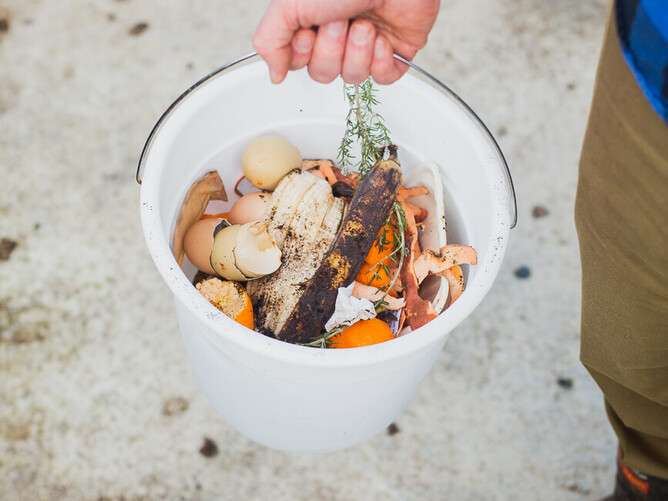Many of you have a worm farm at home and we've recently had some questions recently about how to look after your worm farm at home. While we operate worm farms at large scale, many of the principles we apply can also be used to successfully foster your worms at home to provide year round vermicast for your garden and help reduce the amount of waste you send to land fill.
Composting worms are animals; it is important to remember that you are looking after a living ecosystem in your worm farm. As tough and resilient as worms are, they can perish if you don't look after them correctly and cleaning up a worm farm that has died is not a pleasant task. Below are some simple tips to help keep your worm farm healthier and your Little Buddies happy and hungry.
DO
Regularly inspect your worm farm.
Weekly, you should take a look at your worm farm and inspect how your Little Buddies are doing. Push back the top later of waste and check for moisture levels, any mould, and signs of over feeding. In a 10cm square (and a few centimetres deep) look for cocoons, signs of breeding age adults, and juveniles and take a rough count. Jot that down and compare each week to see if your rough population is stable, increasing or declining.
Mist (NEVER spray) your worm farm to keep moisture levels correct.
When you grab a handful of material from the farm (Not the waste, the underlying bedding) and squeeze it, you should see a couple of drops of water come out through your fingers. Any more than that and your farm is too wet.
Harvest your farm
Once your farm is up and running and getting close to full, you should regularly harvest your farm.
Check your PH levels
Worms prefer a neutral PH level. The food that we consume can be quite acidic, so checking your PH levels and correcting them when required is always a good idea.
DON'T
Here at Little Buddies we can handle most form of waste because of how we process and prepare waste for processing through our worm farms. At home, however you should avoid the following:
Foods to avoid:
- Meat of any kind
- Dairy
- Breads
- Fats
- Citrus
- Onions
- Chillies
Never directly water or spray your farm
Use a hose attachment with a Mist setting
Never over feed your farm
If your farm starts to smell, or if there is a liquid forming in your waste layer (and even worse coming out the bottom of your farm) you are over feeding your farm. When organic matter rots and produces liquid like that it becomes anaerobic and your worms will avoid it because they will drown in it.
There is a lot more to learn with regards to operating a worm farm at home, however these basics will help you avoid some of the common pitfalls that many home worm farm enthusiasts encounter.



